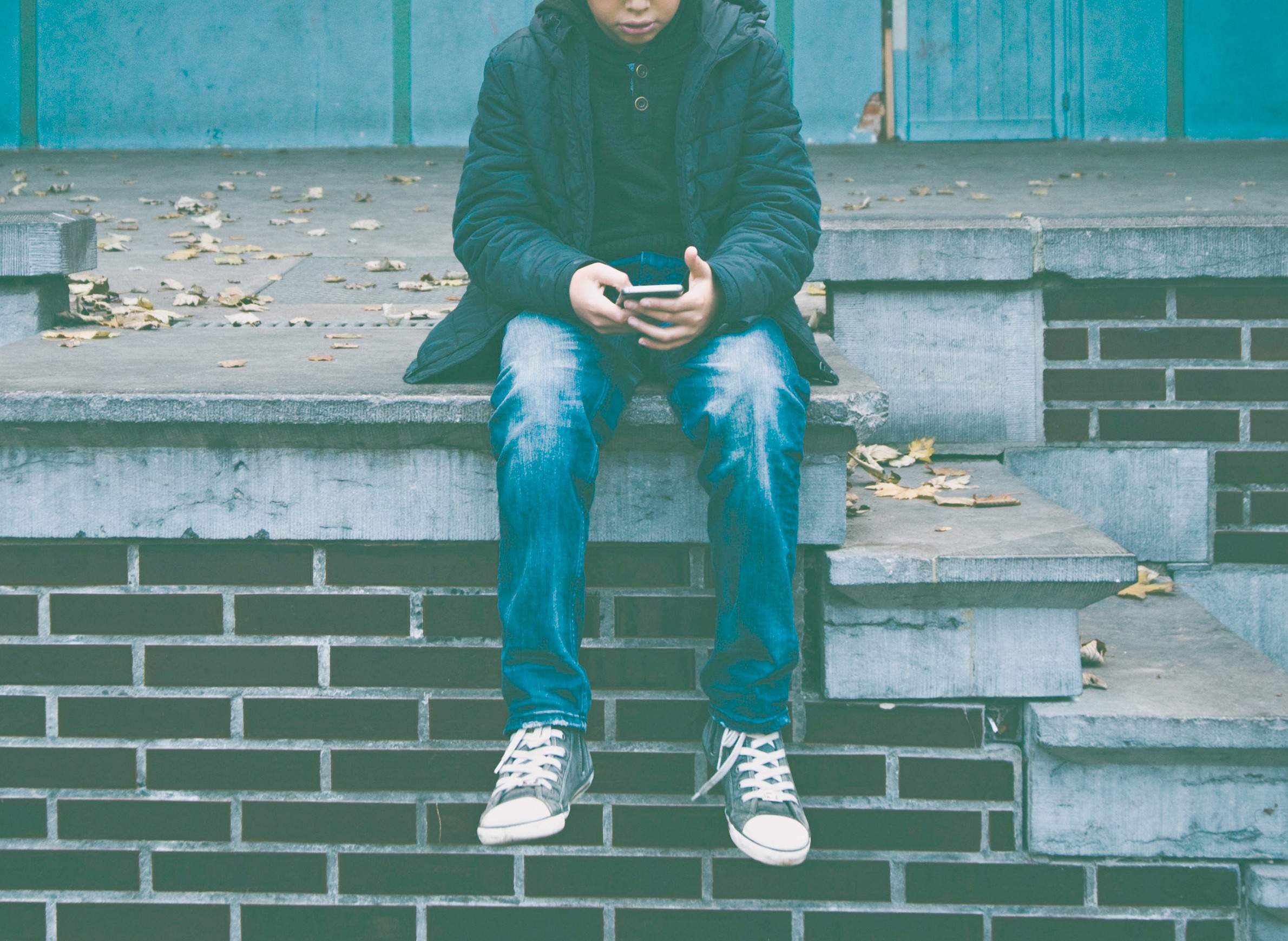
As Madison Schools Attempt To Limit Social Media Use, Students Push Back

An effort to limit student use of social media in Madison public schools is turning out to be an interesting social experiment, and not entirely in the ways that school officials intended.
Four Madison Metropolitan School District campuses launched a pilot program in early May intended to halt student use of social media during the school day. Madison East and West high schools blocked access to more than 30 popular social media apps via school Wi-Fi, while Cherokee Heights and James Wright middle schools turned off open Wi-Fi access to students entirely. Administrators hope to study whether the restriction improves students' academic performance, behavior, and engagement with their classes and fellow students.
Madison East High School Principal Mike Hernandez said heavy phone use contributed to academic and behavior problems, and described some students as having a "zombie walk" when using social media on their phones. Social media can provide a conduit for and intensify bullying at school and, according to Hernandez, plenty of students understand the need to cut down on distractions.
Nonetheless, there's also evidence that social media and online games can create opportunities for children and adults to bond and engage. Technology can also foster students' initiative and critical thinking skills.
Some students in Madison took exception to the "zombie" label, and with the assumption that heavy phone and social-media use — hardly the exclusive province of youngsters — makes one disengaged. In an op-ed published by the Simpson Street Free Press, a nonprofit student journalism project in Madison, Madison West High student Chris Cruz proudly described how students subverted the ban by simply using virtual private networks, or VPNs, on the school’s wi-fi.
"By lunch, everyone else had also figured it out," he wrote.
Cruz also gently taunted Hernandez about that "zombie walk" remark.
"I guess if you think about it, we do kind of look like zombies, walking around with our faces in our phones," he wrote. "But we weren't sleeping on Monday."
VPNs are becoming better-known and more widely used as people become more and more concerned about digital security. A VPN essentially allows a user to encrypt one's activity within a public or corporate internet connection. As the Electronic Frontier Foundation explains, VPNs have limitations. They can prevent internet service providers from monitoring a customer's internet use, but unscrupulous VPNs can still gather that data and sell it to other businesses. Moreover, depending on their privacy policies and the nation they're based in, VPNs may be required to provide this information to law enforcement officials.
In a May 12, 2017 interview with Wisconsin Public Television's Here And Now, Hernandez admitted that some students outsmarted the Madison schools’ program, at least temporarily. He also noted students could easily just use their mobile providers' data plans instead of school Wi-Fi, but said the district will forge ahead.
"It's almost a game of chess," Hernandez said. "At the end of the day there's some energy being spent on this. For the majority of the students, right now we have them a little bit more engaged in school," he added.
The pilot program was launched at Madison West High School on May 1, making for two weeks of classes to assess at the time of the interview.
"We've seen a marked change in both class as well as the hallways," Hernandez said. He acknowledged, though, that beyond looking at changes in grades, the effects of the effort might be tricky to quantify.
"The behavior component is a little easier. The engagement component ... it's really going to be more conversational," he said. "My hope is, my theory is, as they are now more engaged in class, GPAs, credit, engagement will go up."


